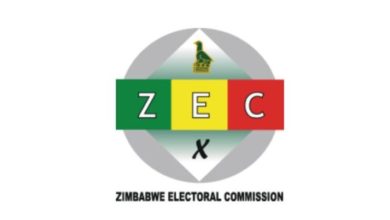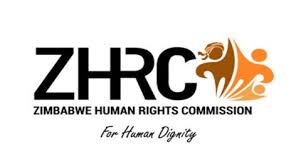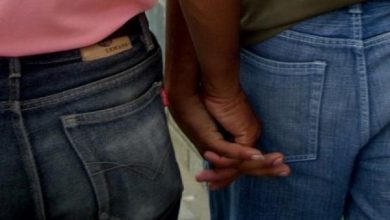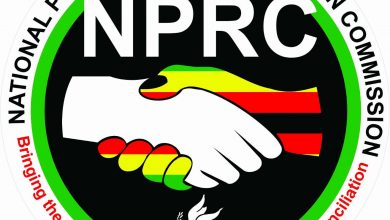Conflicted Malaba sits to hear case against constitutional amendments
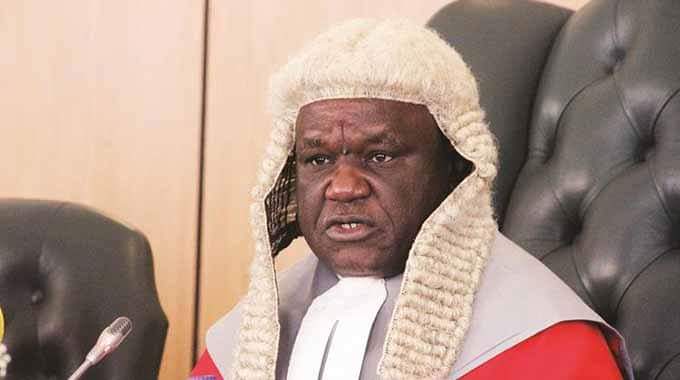
The Constitutional Court is sitting Wednesday to preside over an application against the constitutional amendments made in 2017 and 2021 respectively, with legal experts criticising the presence of Chief Justice Luke Malaba on the bench.
Constitutional Amendment No. 1 of 2017 was passed by Parliament on April 6, 2021, and gazetted on September 7, 2017, while Constitutional Amendment No. 2 was passed by Parliament on May 4, 2021, and gazetted on May 7, 2021.
However, these amendments were widely described as unconstitutional and went against Section 117(2)(b) of Zimbabwe’s constitution that requires Parliament to make laws for peace, order and good governance.
Arguing their case are Eric Taurai Matinenga, Firinne Trust operating as Veritas, Valerie Ingham-Thorpe and Beatrice Mtetwa who are the first, second, third and fourth applicants respectively.
Between 2009 and 2013, Matinenga served as the Minister of Constitutional and Parliamentary Affairs in Zimbabwe and in his founding affidavit, said he oversaw the lengthy and protracted process that gave birth to the new Zimbabwean Constitution in 2013.
“I take particular pride in the production of this document as my ministry and myself were core to its drafting and production. However more than personal pride, as a citizen and more as an officer of this Honourable Court, I am duty-bound to protect the same. This application is about protecting the Zimbabwean Constitution,” read part of the affidavit case number CCZ14/21.
Veritas is a human rights trust with responsibilities in monitoring parliamentary activity, offering critical evaluations of developments in Parliament and human rights matters.
The third applicant, Ingham-Thorpe, a Zimbabwean human rights activist who was involved as an activist during the liberation war, has since been involved in human rights and defending the Constitution since the 1980s up to now.
The fourth applicant, Mtetwa, is a legal practitioner and renowned human rights defender.
Cited as the first, second and third respondents are Chief Justice, Luke Malaba, President Emmerson Mnangagwa and the Parliament of Zimbabwe respectively.
The applicants argue that President Mnangagwa and Parliament failed to fulfill constitutional obligations so these constitutional amendments must be set aside and be declared a nullity while Parliament pays the cost of suit.
According to the founding affidavit, Matinenga contends the changes made in Constitutional Amendments No. 1 and 2 are unconstitutional, as they allow President Mnangagwa to solely appoint the Chief Justice and the Deputy Chief Justice, as well as extending the term of office of Constitutional Court Judges beyond the age of 70 as well as allowing current sitting judges of the Supreme Court and the Constitutional Court to benefit from the extension of the term of retirement from 70 to 75 years.
“I maintain that any Constitutional Bill or Act affecting the basic structure of the Constitution is against the peace, order and good governance of Zimbabwe and is therefore unconstitutional,” he said.
A legal expert, Dr Vusumuzi Sibanda told CITE it was “very disturbing” for Malaba to be sitting on this constitutional case where he is a respondent.
“It shows there’s no impartiality in the judiciary system because the Chief Justice is a subject of this litigation beneficiary thereto and we will not expect him to sit there with impartiality and to bring judgement that is going to be seen to benefit him,” he said.
“Malaba is a beneficiary of the constitution amendments therefore he should not have sat there because he’s going to benefit him and therefore, he is heavily conflicted. This is no way to go.”
Matinenga noted that allowing President Mnangagwa to appoint judges and to temper with their offices, “is a fundamental redrafting of the Constitution and a fundamental defacement of the basic structure and values of the Constitution.”
“It is my contention as well that provisions to Constitutional Amendment No 2 Act relating to (i) the Prosecutor General, (ii) Parliament’s oversight on loans and (iii) the reconstruction of the provisions relating to devolution, are an affront to the basic structures of the Constitution. Those amendments are in any event in breach of section 117(2)(b) of Zimbabwe’s Constitution.
“The deletion of the running mates’ provision in the Constitution, when account is taken of the foundational issue that the Constitution wished to address, namely the uncertain succession issue relating to the late President Mugabe, at the level of the State President are a further breach of Section 117(2) (b) of the Constitution.”
The separate grounds upon which the applicants are challenging Constitutional Amendment Bill No 1 are that it was passed by Parliament, in breach of Section 147 of the Constitution.
“The portion of the judgement of the Constitutional Court in the matter of Innocent Gonese and Jessie Majome versus Speaker of Parliament and Others CCZ4/20 directing that the Senate passes Constitutional Amendment Bill No 1, within 180 days from the declaration of invalidity was a nullity and a breach of Section 147 of the Constitution of Zimbabwe,” they said.


